Our Lenders
We work with Lending Expert to give you access to a panel of leading lenders well placed to meet your needs at the lowest rates.
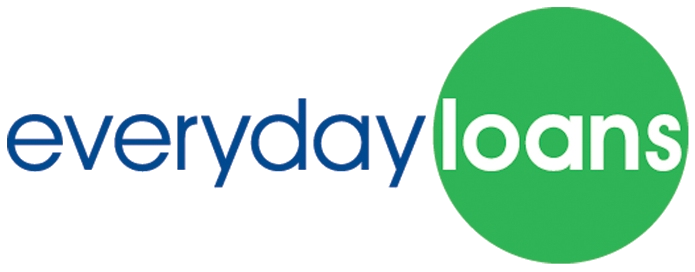
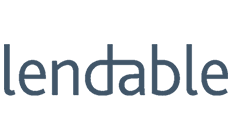
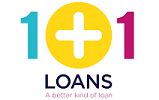

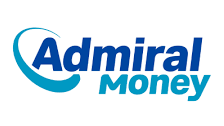
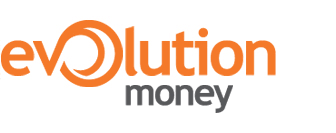

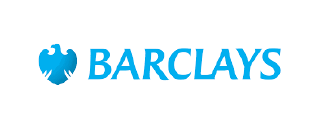
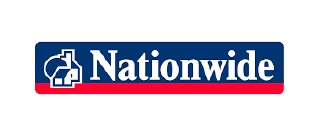

10 year fixed rate mortgages can be a great option for people who value the ability to know exactly how much they need to repay each month. In this guide, Proper Finance aims to explain the pros and cons of 10 year fixed rate mortgages, and to explore whether this might be the right option for you.
What Is a 10 Year Fixed Mortgage?
A 10 year fixed mortgage is a type of homeowner loan in which the interest rate is locked for 10 years. This means that despite any fluctuations in the market, you will still be paying the same percentage of interest on your mortgage as you did when you first took out your mortgage.
This means if interest rates rise, you will be getting a better deal than those on variable rate mortgages. However, if interest rates drop, you will be paying more than you would have paid otherwise.
Partnered with
What Are the Benefits of 10 Year Fixed Rate Mortgages?
The main benefit of taking out a 10 year fixed rate mortgage is the unbeatable level of security. You will know exactly how much you need to pay over the next ten years, so you can budget accordingly.
Additionally, if interest rates rise, your repayments will not increase. This means that you could be getting a better deal than people who are paying variable rate mortgages. You will avoid any rate rises for the next 10 years.
What Are the Downsides of 10 Year Fixed Rate Mortgages?
The main downside is the lack of flexibility. You should only take out a 10 year fixed rate mortgage if you plan on living in this home for a long time.
Another downside is the deposit. For a 10 year fixed rate mortgage, most lenders will ask you for a huge deposit, often at least 40% of your property’s value, in order to get a good deal. As the average house price in the UK is around £250,000, this can mean a deposit of £100,000. Most people do not have this sort of money at hand.
Not all 10 year fixed rate mortgages require a 40% deposit. Some only ask for 25%. However, it can help you to get the best deals. Without it, the rates and fees might end up leaving you with higher repayments than you would have paid on a 2 year fixed rate mortgage.
Fixed rate mortgages also often come with fees. If you want to exit your mortgage deal, or to pay it off early, you may be penalised with heavy fees. This is worth checking before you agree to your mortgage terms.
Finally, if the interest rate countrywide drops below the interest rate you are paying, you will be stuck paying more than you otherwise would have.
What Are the Fees of Exiting a 10 Year Fixed Rate Mortgage Early?
You should check before entering a 10 year fixed rate mortgage whether this mortgage is portable or not. If not, you will not be able to transfer it to your new home. Instead, you will have to pay an early repayment charge.
Early repayment charges can be expensive, although the exact fee depends on the value of your mortgage, and the year in which you take it out. They can be between 1-7% of the remaining amount that you owe on your 10-year fixed mortgage.
The earlier you try to exit your mortgage, the higher the charges will be. They tend to be highest within the first year, decreasing as time goes on.
Not all lenders charge fees to exit a mortgage, but the potential fees you must consider will be:
- Administration fees
- Solicitor fees
- Arrangement fee (to your new mortgage lender)
- Valuation fees
- Exit fees
- Booking fees
- Legal fees
Who Should Get a 10 Year Fixed Rate Mortgage?
10 year mortgages are ideal for people who know they will be staying in their property for the next 10 years at the very least, and who value knowing their monthly budget well into the future.
A 10 year mortgage is a very long-term contract that can be difficult and costly to exit. This means they are ideal for people who want to have a very concrete idea of what the next 10 years of their life will look like.
You will also need a huge deposit saved, potentially higher than 40%. If you have saved less than this, it might not be worth getting a 10 year fixed rate mortgage.
Partnered with
Am I Eligible for a 10 Year Fixed Rate Mortgage?
If you have a 25% deposit at hand, you will qualify for some 10 year fixed mortgages. However, you will need at least 40% saved up in order to access the best deals.
You will also need enough money to pay any mortgage arrangement fees, although you may not have to pay these upfront. These can range from hundreds to thousands of pounds. However, you might have the option to pay this in monthly instalments.
What Are the Alternatives to a 10 Year Fixed Rate Mortgage?
People considering a 10 year fixed rate mortgage often value security. There are other mortgage options that provide this. For example, you could try a five year fixed rate mortgage. With a lower deposit, this might even get you better rates.
Shorter term fixed rate mortgages tend to give you more flexibility. There is always the chance that at the end of your term, countrywide interest rates will have increased, but at the same time they could have decreased.